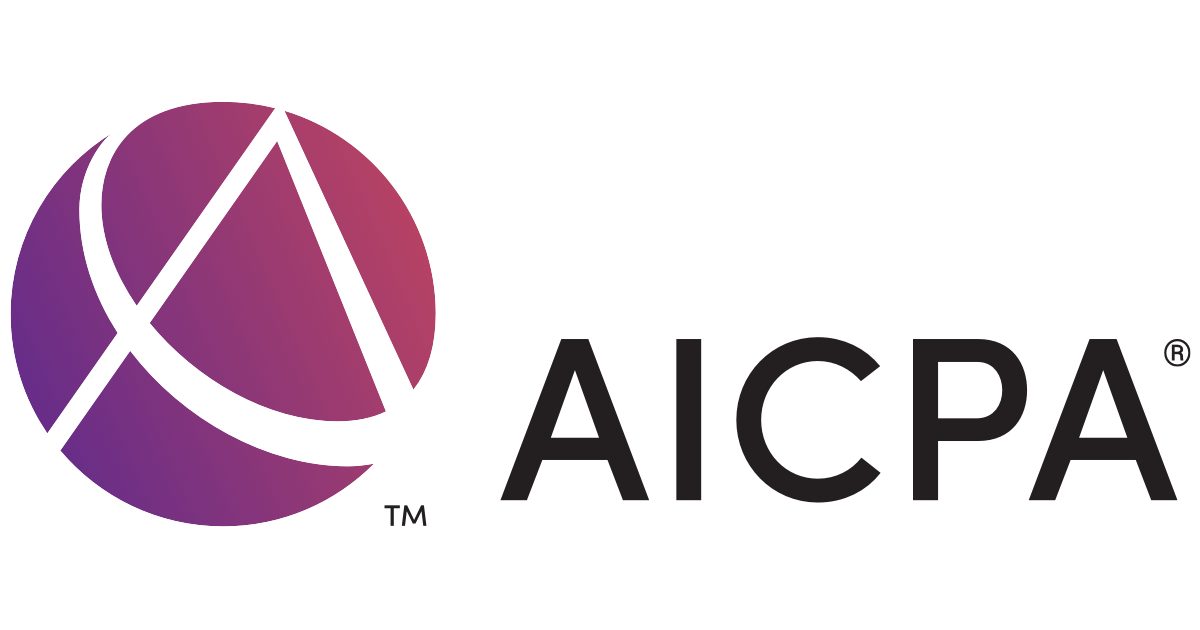-
Do You Need to be a CPA to write a CPA Letter for a P and L Statement Mortgage
Posted by Dawn on March 16, 2024 at 5:08 amA P and L statement mortgage loan for self-employed borrowers does not require federal income taxes and only requires a CPA letter. Does the self-employed borrower need to have an actual Certified Public Accountant write the CPA letter to the mortgage lender or can a tax preparer do it? If the mortgage lender requires a true CPA to write the CPA letter, how do I get a real Certified Public Accountant to write the CPA letter to the mortgage lender so I can get approved for a P and L statement non-QM mortgage loan for self-employed borrowers.
Gustan Cho replied 11 months ago 2 Members · 2 Replies -
2 Replies
-
No, you do not need to be a licensed Certified Public Accountant (CPA) to provide a letter for a P&L statement for a mortgage loan application.
While the letter is commonly referred to as a “CPA letter,” mortgage lenders will generally accept it from the following types of accounting professionals:
- Certified Public Accountant (CPA)
- Enrolled Agent (EA) – An EA is a tax practitioner certified by the IRS
- Independent Accountant
- Self-Employed Tax Preparer
The key requirement is that the letter is provided by an independent third-party accountant or tax preparer who has prepared or reviewed the borrower’s business tax returns and financial statements.
The professional providing the letter should have comprehensive knowledge of accounting principles and practices, as well as experience in preparing and analyzing financial statements and tax returns for businesses.
The letter should be on the accountant’s or tax preparer’s professional letterhead and must include their contact information, credentials (such as CPA, EA, or self-employed tax preparer), and any relevant license or registration numbers.
Even though CPAs are the most widely recognized accounting professionals, mortgage lenders understand that many self-employed borrowers and small business owners may not have formally engaged a CPA. In such cases, they will accept letters from other qualified accounting professionals who have directly worked on the borrower’s financial records.
The most important aspect is that the letter comes from an independent third party who can attest to the accuracy and completeness of the borrower’s reported business income and financial standing based on their professional expertise and review of the financial documents.
-
Do You Need to be a CPA to Write a CPA Letter for a P&L Statement Mortgage?
When applying for a P&L (Profit and Loss) statement mortgage loan, particularly for self-employed borrowers, lenders may require a CPA letter to verify the accuracy and authenticity of the financial statements provided. Here’s what you need to know:
Requirements for a CPA Letter
Certified Public Accountant (CPA):
- Many mortgage lenders specifically require that the letter verifying the P&L statement be written by a Certified Public Accountant (CPA).
- This is because CPAs are licensed professionals held to high standards of accuracy and ethics in financial reporting.
Tax Preparer:
- A tax preparer who is not a CPA might not be acceptable to many lenders.
- Tax preparers’ qualifications can vary widely, and without CPA certification, lenders may question the reliability of the financial documentation.
Why Lenders Prefer CPAs
Credibility and Trust: CPAs are trusted to provide accurate financial information due to their rigorous training, ethical standards, and ongoing education requirements.
Regulatory Compliance: CPAs are required to comply with state licensing regulations, which provide lenders with an additional layer of assurance.
Detailed Understanding: CPAs often have a comprehensive understanding of financial and tax regulations, which helps ensure that the P&L statements are prepared correctly.
Getting a CPA Letter
If your mortgage lender requires a CPA to write the verification letter, here are the steps you can take:
Hire a CPA:
- You will need to hire one if you do not currently work with a CPA.
- You can find CPAs in your area or seek recommendations from other business owners.
Provide Documentation:
- The CPA will need access to your financial records, including your P&L statements, bank statements, and other relevant financial documents.
- Be prepared to provide comprehensive and accurate documentation.
CPA Review:
- The CPA will review your financial records to ensure accuracy and completeness.
- This review may involve some back-and-forth communication to clarify discrepancies or provide additional information.
CPA Letter:
- Once the CPA is satisfied with the accuracy of your financial records, they will prepare a letter verifying the P&L statement.
- This letter will typically include details about their review process and confirm the accuracy of the financial statements.
Finding a Certified Public Accountant
State Boards of Accountancy: Each state has a board of accountancy that maintains a directory of licensed CPAs. You can find a CPA by visiting your state board’s website.
Professional Organizations: The American Institute of CPAs (AICPA) offers resources for finding licensed CPAs.
Referrals and Networking: Ask for referrals from other business owners, colleagues, or your local chamber of commerce.
To meet the requirements for a P&L statement mortgage loan, you generally need a CPA to write the verification letter. CPAs provide a level of credibility and accuracy that lenders trust. Suppose you do not currently work with a CPA. In that case, you should hire someone to review your financial records and prepare the necessary documentation.
References
- American Institute of CPAs (AICPA)
- National Society of Accountants
- State Boards of Accountancy
By ensuring that a qualified CPA verifies your P&L statements, you can improve your chances of securing a P&L statement mortgage loan. However, you do not need a CPA as long as the accountant is a registered tax preparer, that is fine too.
aicpa.org
AICPA® & CIMA® is the most influential body of accountants and finance experts in the world, with 689,000 members, students and engaged professionals globally. We advocate for the profession, the public interest and business sustainability.

